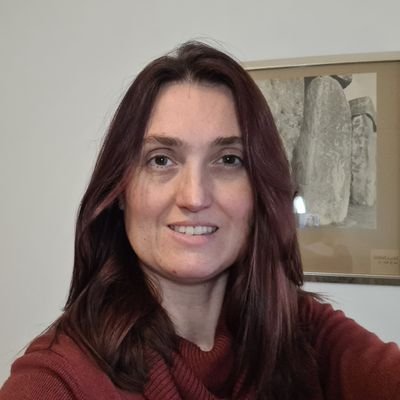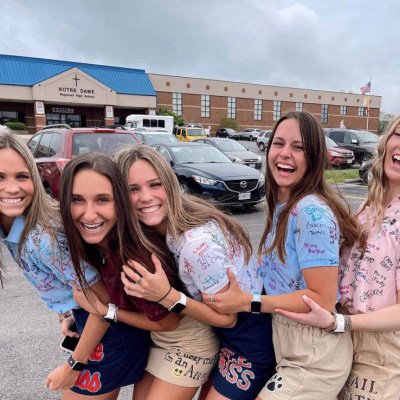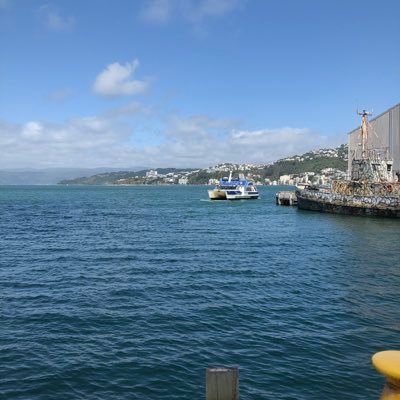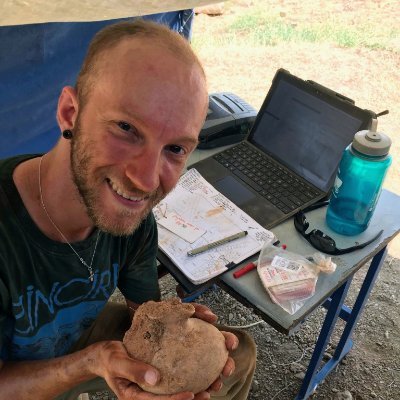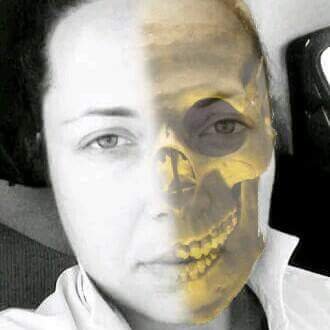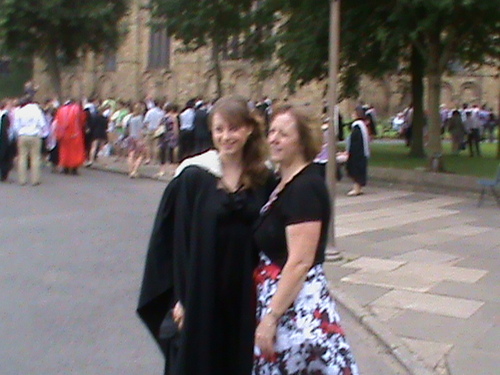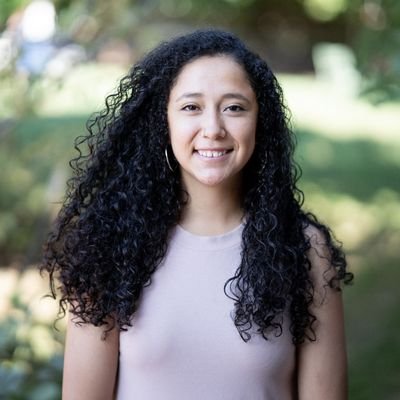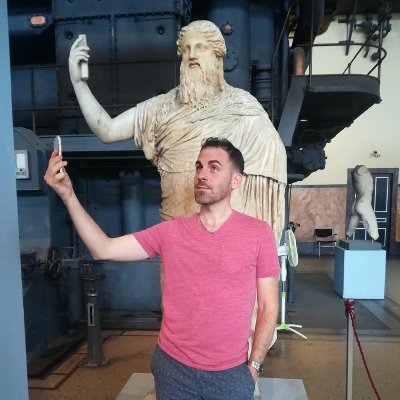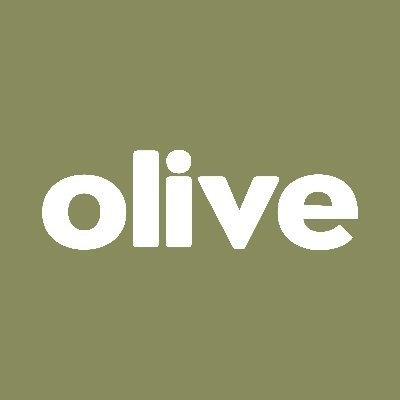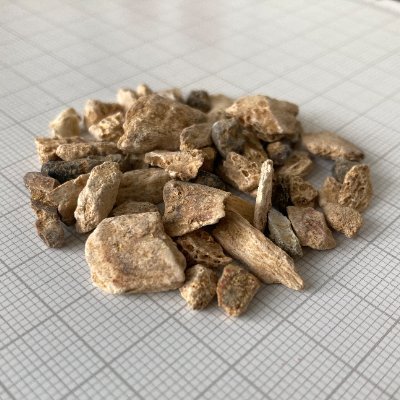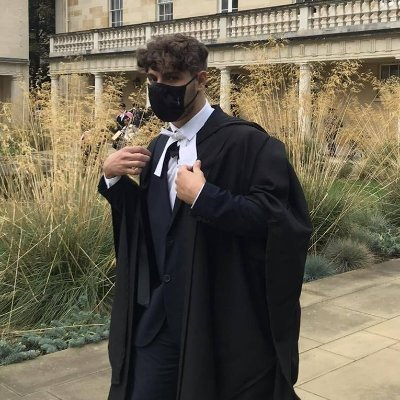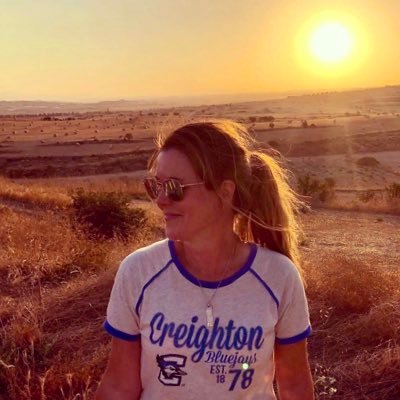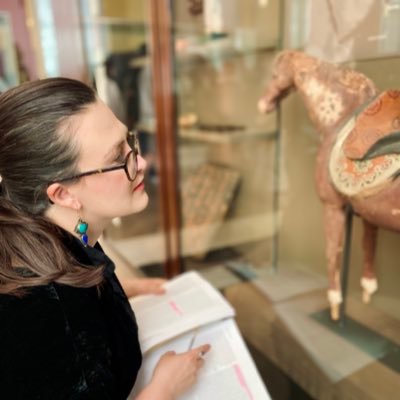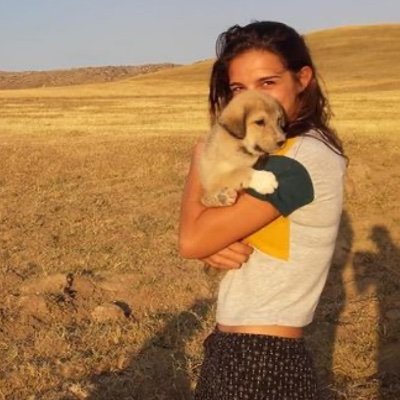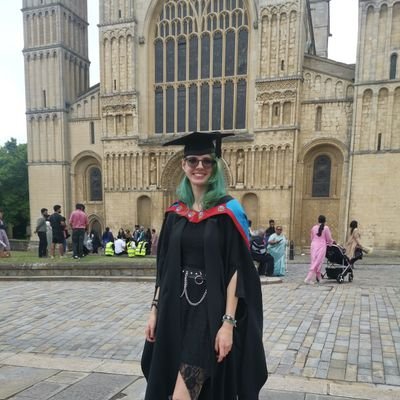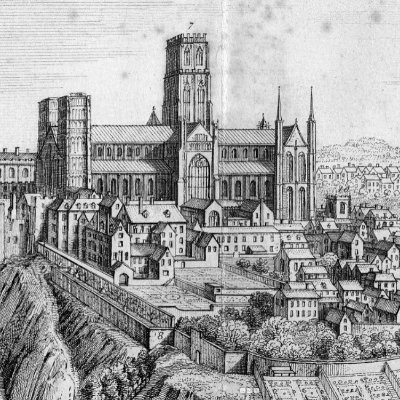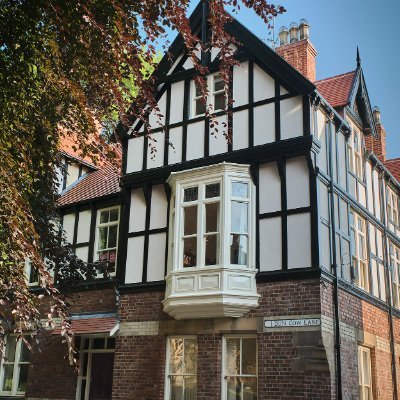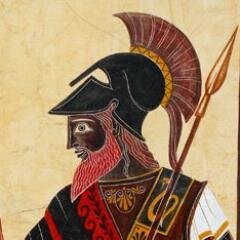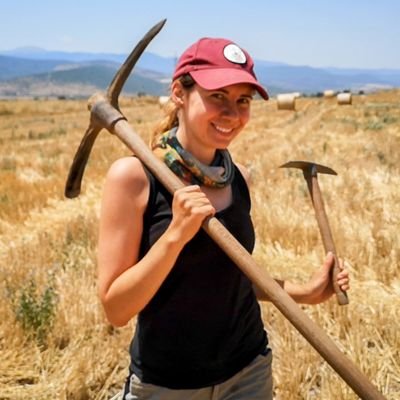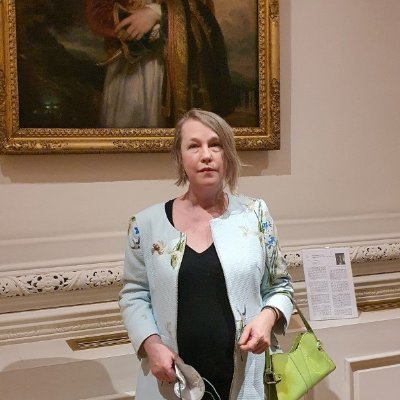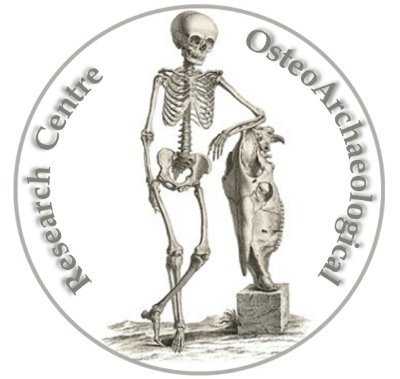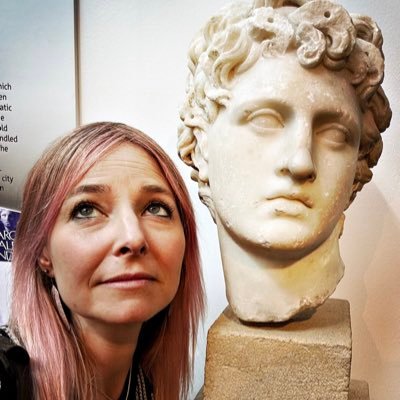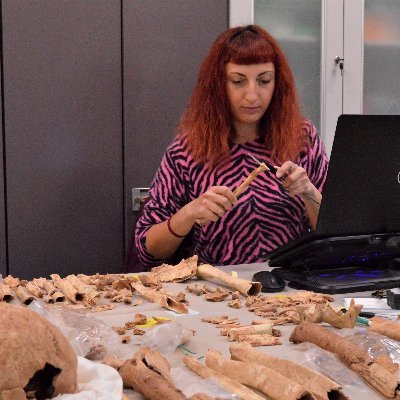Similar User

@Angelos_Zooarch

@ICAZ_News

@RachelMWinter_

@IdoiaGrau

@BUOsteo

@ZooArchGIA

@HumAnE_Arch

@StephanieEmra

@ZooarkeolojiLab

@PamJCrabtree

@RMartveldt

@SergiosMenelaou

@DTheodoraki
Project SACHROFICS enabled me to expand my faunal reference collection to the point that it has become the first of its kind available at a Cypriot Institution @STARC_CyI @STARC_CyI It's open to all who'd like to use it. Here's the latest database: sachrofics.cyi.ac.cy/reference-coll…

New entries in the comparative collection @STARC_CyI They enable more & reliable identifications of ancient animal remains through comparative osteology. Link to updated database will be posted soon. Unbelievable that collection now has 224 specimens (up 150+ in last 3 years!).

Such a pleasure to talk on public TV about #zooarchaeology, how it works within #archaeology, & how it helps us solve modern problems. Thank you RIK and lovely people of the Spiti sti Fysi (House in Nature) show. Episode is avail. here (in Greek): tv.rik.cy/show/spiti-ste…

The things I see on bones...
Usually #animal bones 'talk' to me (not gone mad... yet!). Today this one smiled at me and made me happy!😍 The human mind is very prone to #pareidolia (παρειδωλία). The important thing is to recognise it and account for it...in archaeological interpretation too!😜

Most #animal #bones are food remains. Sometimes beautiful objects come my way. Identification is difficult due to modification of their original shape.This bone pin adorned the hair or clothes of a person in #Hellenistic #Paphos,#Cyprus. Ancient people were just like you and me🤠

Oh poor dog of Nicosia...
Once upon a time in #medieval #Nicosia (1570-1630 CE), there was a dog... Read the rest of this (rather tragic) first #dog osteobiography from #Cyprus here (free download for 50 days): authors.elsevier.com/a/1iFt2,rVDBfm… This story is not over... @CyprusInstitute #Zooarchaeology @STARC_CyI

..and he talked about SACHROFICS and the topic of animal sacrifice in the past too!☺️☺️☺️
I was invited to the TV show Εμείς κι ο κόσμος μας (We & our world) to present my passion, ZOOARCHAEOLOGY! What a pleasant & stimulating one hour! Hopefully also helped promote #Zooarchaeology in 🇨🇾. To watch👇👇(in Greek) youtube.com/watch?v=l5VvC2… @CyprusInstitute @STARC_CyI

2nd ed. (Elsevier) Encyclopedia of Archaeology is out. Animal domestication, which changed the course of history, is covered in a global overview👇👇👇 New discoveries are constantly made & more await us on this fascinating subject! #Animals #zooarchaeology 🐶🐐🐑🐖🐂🐓🦃🐴🐰🐈

Hot off the press! How did people interact with #animals in/around a Cistercian nunnery in #Medieval #Nicosia? A first insight from outside W Europe on an intriguing theme! Hopefully this is the dawn of Medieval #Zooarchaeology in #Cyprus. Read/download: brill.com/view/journals/…

Faunal reference collection @STARC_CyI @CyprusInstitute has hit the milestone of 200 specimens!🥳🥳🥳 Enabled through a donation by one of zooarchaeology’s living legends, Simon Davis. Thanks! Collection is open to everyone. Updated database here: shorturl.at/bopwN
It's a pleasure working with Lucy Maun @STARC_CyI Lucy is a summer intern on project ‘Curation of faunal collections and production of 3D models of animal skeletons for research and public outreach applications’. We’ll share results soon. Thank you for your excellent work Lucy!


#Halloumi (aka white gold of #Cyprus)! If you have a child or feel like one, have a look at this page on halloumi-making. Participated as a scientific advisor. Unfortunately available only in Greek (for now). Enjoy & spread the joy! @STARC_CyI asprosxrysos.com

Stable isotope analysis on an animal tooth opens a window into the life of that animal. SACHROFICS samples modern&ancient sheep to approach their management in ancient Cyprus. This sampled mouflon third molar (your wisdom tooth) can reveal info birth season and diet! #LoveZooarch
Faunal reference collection @CyprusInstitute on a growth spurt! Now consists of 177 skeletons available for zooarchaeological & other animal-related research (and art!). If useful to you, get in touch. Full database available (click hyperlink 'database'): sachrofics.cyi.ac.cy/reference-coll…

New 'members' of the faunal reference collection @STARC_CyI! Two snakes (Levant viper and Montpellier snake) and a predator of theirs (a cat). Reptiles and cats are somewhat rarer archaeological finds but if you are not ready to identify something, you probably won't find it!


Another public outreach for school children... I cannot think of a better place to do it than the coast of my beloved Mediterranean sea! #Zooarchaeology @STARC_CyI #Cyprus #Animals #Archaeology
Biogeographically #Cyprus is SW Asia. The long-eared hedgehog of Cyprus is better-adapted to hot climate (e.g. larger ears) than its European cousin. Today 2 skeletons join the Faunal Reference Collection @STARC_CyI to help us learn more about its past in Cyprus! #zooarchaeology


Looks like chewing gum stuck on mouflon teeth but it's resin to produce casts of the chewing surface. Under microscope, casts are studied to characterise animal diet. Another #zooarchaeology technique @STARC_CyI! Many thanks to Lefteris Hadjisterkotis! #animals #Archaeology

United States Trends
- 1. Jack Smith 109 B posts
- 2. $AROK 2.647 posts
- 3. UConn 5.776 posts
- 4. Kreider 3.715 posts
- 5. Baymax 11,9 B posts
- 6. Andretti 5.354 posts
- 7. Memphis 16,8 B posts
- 8. Harrison Barnes N/A
- 9. Squabble Up 46,5 B posts
- 10. Dan Hurley N/A
- 11. Happy Thanksgiving 15,9 B posts
- 12. Marshall Law 5.882 posts
- 13. Tomasino N/A
- 14. Mahaney N/A
- 15. Axios 33,2 B posts
- 16. Jaylin Stewart N/A
- 17. Frank Luntz N/A
- 18. Black Friday 171 B posts
- 19. Alyssa Naeher 1.404 posts
- 20. Tarris Reed N/A
Who to follow
-
 Angelos Hadjikoumis
Angelos Hadjikoumis
@Angelos_Zooarch -
 ICAZ News
ICAZ News
@ICAZ_News -
 Rachel M. Winter, PhD
Rachel M. Winter, PhD
@RachelMWinter_ -
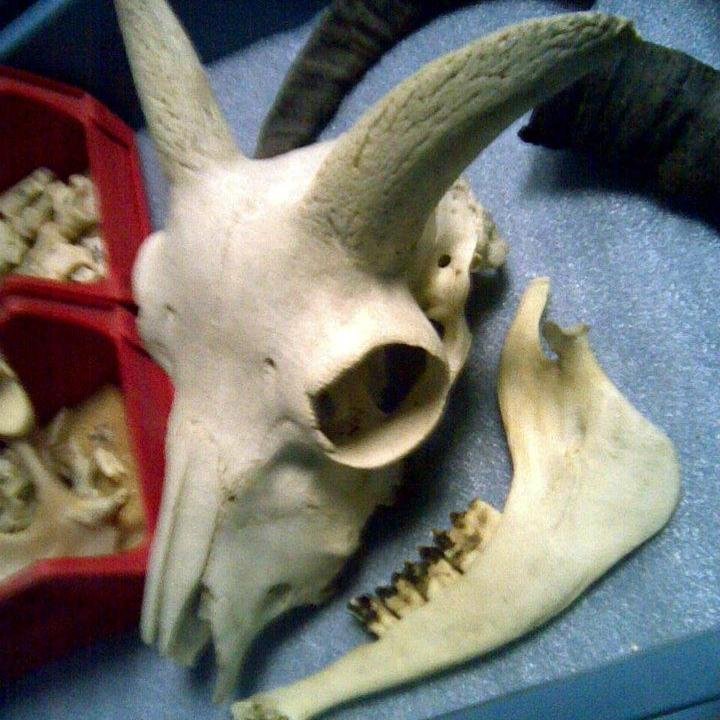 Idoia Grau Sologestoa
Idoia Grau Sologestoa
@IdoiaGrau -
 Ellen Hambleton
Ellen Hambleton
@BUOsteo -
 Canan Çakırlar
Canan Çakırlar
@ZooArchGIA -
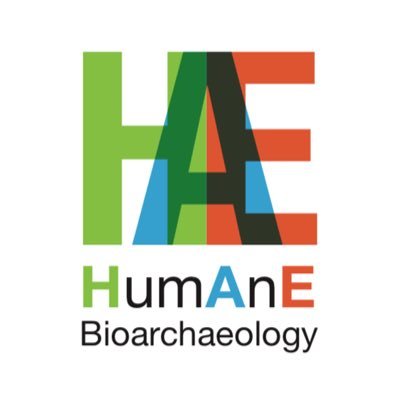 HumAnE Bioarch
HumAnE Bioarch
@HumAnE_Arch -
 Stephanie Emra
Stephanie Emra
@StephanieEmra -
 Zooarkeoloji Laboratuvarı
Zooarkeoloji Laboratuvarı
@ZooarkeolojiLab -
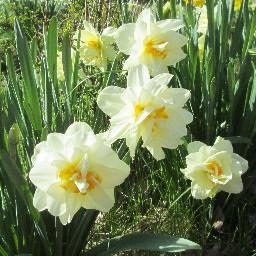 Pam J. Crabtree
Pam J. Crabtree
@PamJCrabtree -
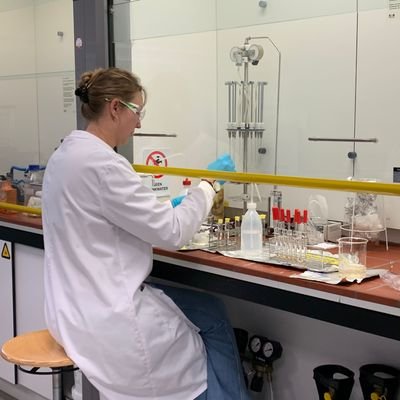 Renée Martveldt
Renée Martveldt
@RMartveldt -
 Sergios Menelaou
Sergios Menelaou
@SergiosMenelaou -
 Danai Theodoraki
Danai Theodoraki
@DTheodoraki
Something went wrong.
Something went wrong.






